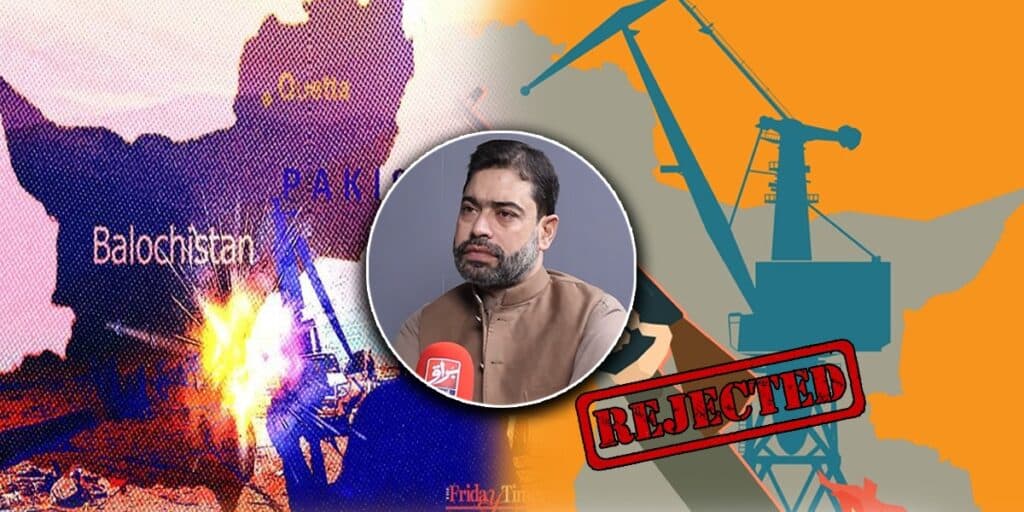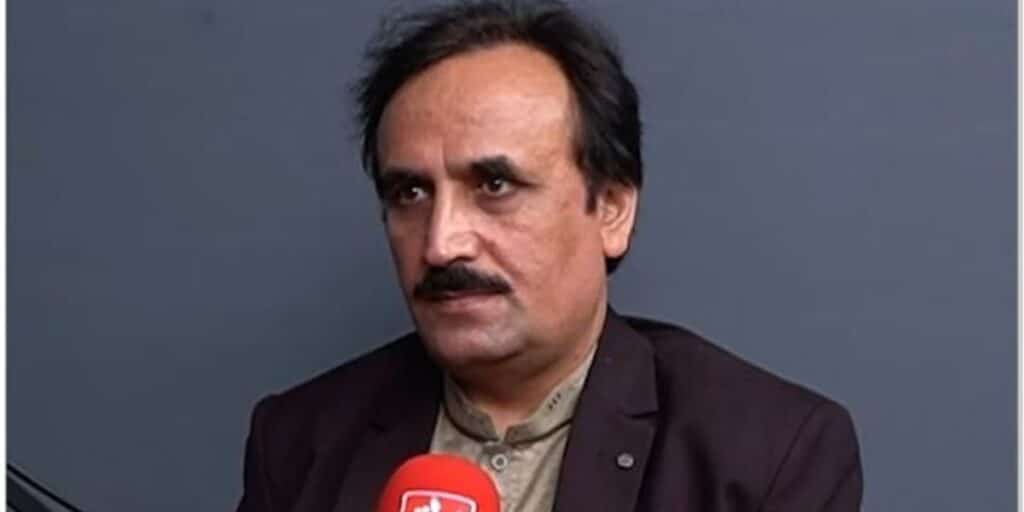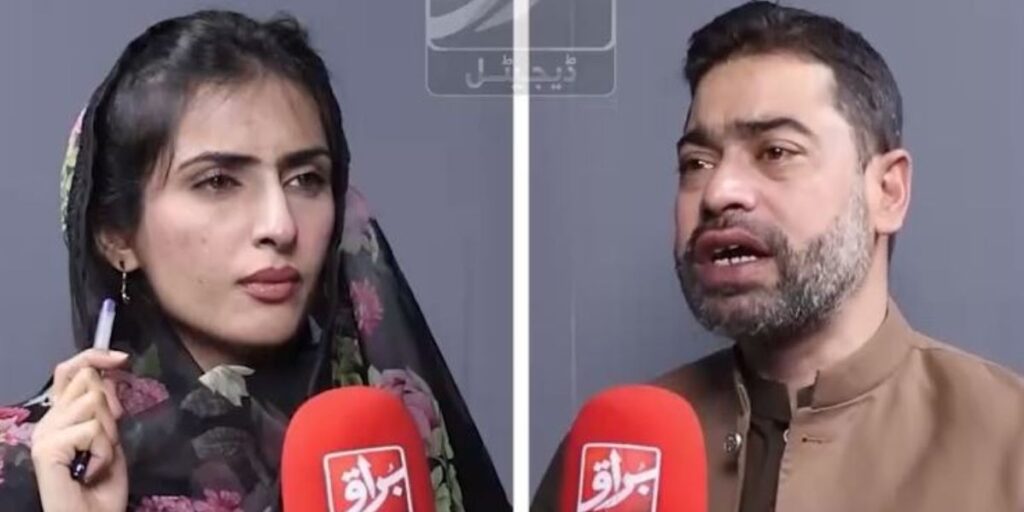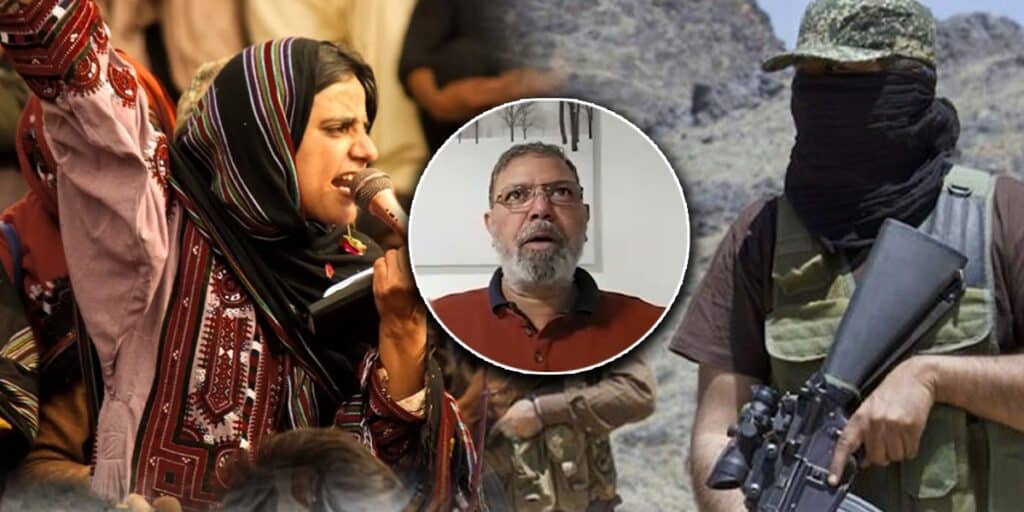By: Babar Yousafzai
As someone who has witnessed the violent undercurrents of Baloch separatist politics firsthand, I find it troubling to see the same figures and organizations continuing to manipulate narratives, exploit tribal affiliations, and perpetuate cycles of violence. Let’s start with the Balochistan Yakjehti Council (BYC). The organization that once pretended to be a student collective for rights has now morphed into a radical wing echoing the agendas of violent insurgent groups like the BLA and BLF. These groups, and their media arms such as Samideen and Marang Balochistan, operate more like war propaganda tools than ideological movements. They glorify violence and target any voice of reform, labeling ex-separatists or tribal leaders who speak up for development as traitors. I myself have been slandered repeatedly in their publications—simply because I stepped away from their bloody path.
Take the recent so-called “honour killing” incident in Awaran. A young girl, Bano, was brutally murdered by the very people who lecture the world on women’s rights. The silence from Imaan Mazari and her ilk is deafening. When state forces are accused, she rushes to the press. But when it’s one of her ideological allies—a “Baloch freedom fighter”—who commits the crime, she looks away. Where are the human rights activists now?
It’s no coincidence that the same groups who parade themselves as defenders of Baloch identity are also neck-deep in feudalism and patriarchal violence. Many of these so-called “commanders” are tribal elites, exploiting the poor while sending their own children abroad. They don’t want schools, roads, or hospitals—they want control.
The narrative of “missing persons” is another area where these groups distort facts for sympathy and funding. While enforced disappearances are indeed a concern, the reality is that many so-called “missing” individuals are either hiding in Afghanistan or Iran or have been killed in infighting between insurgent factions. Yet, activists like Mama Qadeer or organisations like BYC conveniently ignore these truths. Their selective outrage is nothing more than political theatre.
In contrast, leaders like Sarfaraz Bugti have taken bold steps. Bugti has prioritized law and order, pushed for reforms, and cracked down on militant elements. He represents the kind of Baloch leadership we need—one that stands for stability, not sabotage.
The time has come for the people of Balochistan to reject the destructive politics of guns and greed. Our youth deserve education, not extremism. Our women deserve dignity, not hashtags. And our future must be built through dialogue and development, not through slogans scrawled in blood.





